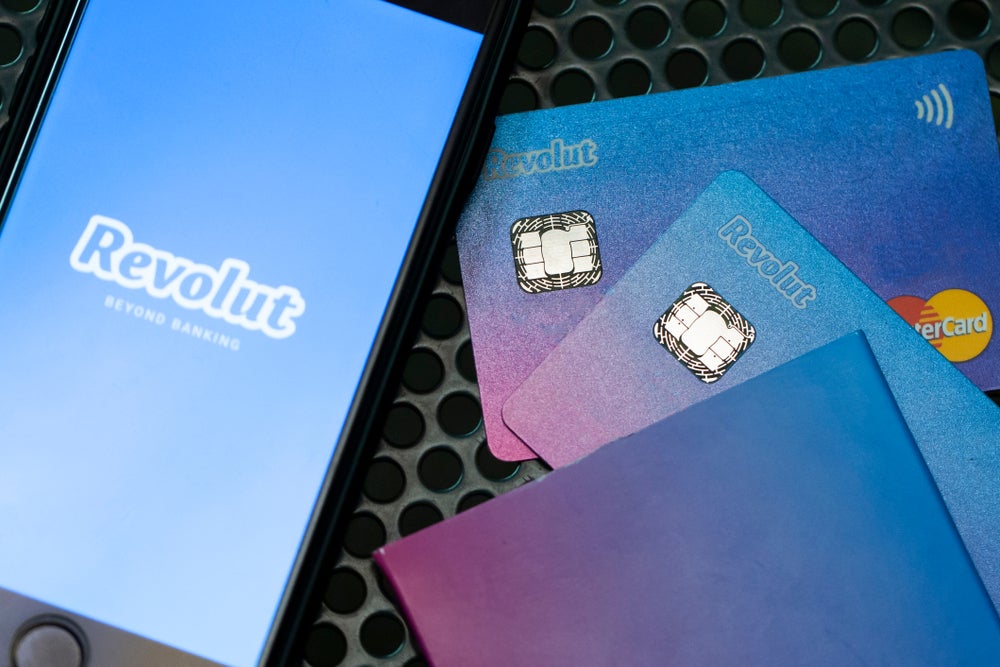Financial inclusion is one of the great unsolved problems of the 21st century. Approximately one-quarter of all adults on the planet are unbanked, according to the World Bank. That means 1.7 billion people are locked out of the financial system and unable to access basic products and services.
Financial exclusion is a big deal and a major challenge that impacts upon wealth and everyday lives. Some people suffer economic exclusion because they are regarded as unprofitable customers. Others voluntarily exclude themselves because they don’t trust banks.
Many are unable to access services where they live or are not eligible. Without access to basic saving and lending services, the unbanked can find it difficult to build for the future and take steps to move on with their lives.
The banking poverty premium
They may even end up paying extra for bills and basic services, with unbanked people in the UK forced to pay a “banking poverty premium” of £485 due to missing out on deals on utility bills, broadband internet, utility bills, mobile phone contracts or personal loans.
Clearly, 1.7 billion is a mind-blowing number. Yet it reflects a positive development because the number of financially excluded people in the world is actually getting smaller. Just five years ago in 2017, there were two billion unbanked people in the world – roughly one-third of the total population.
Many people – including me – argue that the rise of open banking and finance could help to solve this challenge. I believe we are about to experience an inclusion revolution with major benefits for both financial institutions and tens of millions of people.
How well do you really know your competitors?
Access the most comprehensive Company Profiles on the market, powered by GlobalData. Save hours of research. Gain competitive edge.

Thank you!
Your download email will arrive shortly
Not ready to buy yet? Download a free sample
We are confident about the unique quality of our Company Profiles. However, we want you to make the most beneficial decision for your business, so we offer a free sample that you can download by submitting the below form
By GlobalDataBanking The Unbanked
At Open Banking World Congress, the amazing Leda Glyptis from 10x shared the insight that solving the problem of financial inclusion is not just about giving people bank accounts (which often don’t get used), but about giving them access to money. This is a simple, but profound analysis, given that many initiatives are focused on opening accounts, not really on changing lives.
So how can open banking help solve the challenge of financial inclusion? There are several principals which answer the question.
Open banking: helping craft a more efficient and less vertically integrated model
The first is that open banking can create a banking model that is more efficient and less vertically integrated. The historic “universal banking model” is based on banks doing everything. They have the licence and the balance sheet. They build the products and distribute them through their own channels including branches, mobile, web, call centres and more.
This is how banking has always worked and largely still works – and it is expensive. Bank branches cost a lot to run and maintain. Banks need lots of employees and always face the problem that certain bank brands and channels will never appeal to all customers, particularly those who feel excluded.
The perceived wisdom has been that certain sectors are unprofitable and therefore banks do not serve them. That could be the young, people with low income, the immigrant population and other groups which are traditionally excluded from the financial system.
Open banking enables banks to reinvent their business model, significantly reducing costs and increasing access to customers they could never have reached. How do they achieve this? By not trying to do it all themselves.
Beyond Universal Banking
In the old world, banks did almost everything. In the new world, they may manufacture the products but then let other players distribute them in many creative ways and without driving cost to the bank. They work with partners to develop innovative propositions, rather than doing everything in-house.
Google Maps is a product which demonstrates the type of model banks can now deploy. After Google built Maps, it was made available through a great developer experience and is now embedded at the core of many different propositions and digital experiences that drive growth for Google. It is distributed in more creative ways than Google could ever devise on its own and used by many more people than it could manage without help.
If banks make products, balance sheets and capabilities (data, payments, identity etc) available through great APIs, then all of a sudden they can distribute to more customers in more creative ways and with a significantly lower cost. They can also partner with specialists in certain segments to really make them work and bring more capabilities into their own channels.
Fundamentally though, bringing down the cost to serve can have a massive impact by increasing the number of customers that it is profitable to deal with. A typical economic profile of a population is triangular, or like an upside-down funnel, with a small number of wealthy people at the point of the triangle and a large number that are not beneath them. This is particularly true in developing countries. If you can bring down the cost to serve, then the impact in terms of the number of people that become profitable, quickly becomes exponential.
Better Lending With Open Banking
In addition to reducing the cost to serve, if banks can also improve the quality of lending decisions, then profitability overall increases. This is another sweet spot of open banking. Lenders can use simple transactional data to gain more insight into income and affordability, helping people accelerate through the application process and access credit that is appropriate to their needs and financial context.
The second principal is about access to money, building on the argument made by Leda Glyptis. A concrete example of this came up during a hackathon Ozone API ran in Brazil with our partner TecBan in 2019.
Brazil is a huge market, but there are still around 34 million unbanked adults, so the opportunity to drive real change is significant. We ran the hackathon based on our sandbox, inviting developers, businesses and anyone else who was interested in showing us what they could do with open banking. The response was staggering, with more than 1,000 applications.
There were many great propositions. The one that really stood out involved combining micro-lending with open banking to help tradespeople. The concept was simple: provide a small micro loan to fund stock, such as paint for a decorator, who would then pay the loan back at the end of the day or whenever they received money for their work.
With ongoing tracking of a simple account through open banking, the potential exists to grow the relationship, lend more and allow the tradesperson to do bigger jobs. This is a simple, but very effective implementation. Open banking allows existing services to work more effectively and creates an environment where “perceived wisdom” can be challenged.
The Importance of Inclusion
I truly believe that open banking, open finance and a shift towards a secure, consent-based data sharing economy will change the world. It may not happen overnight but the infrastructure is being delivered that will create real, lasting change.
But it has to be built on strong foundations. That’s why we started on our journey with Ozone API. Our mission is to help banks, financial institutions and other providers deliver high-performing, standards-based APIs that can really unlock this opportunity.
But for it to really work it has to be done in a way that works for banks as well as consumers. For financial inclusion to truly be tackled, it must not be seen as a Corporate Social Responsibility or charitable project by banks. They need the tools to make open banking work for them as a growth engine, not as a compliance exercise but as a platform to deliver a better business model.
That’s why we do what we do. We make sure the foundations are strong to deliver real change and to ensure it’s done in a way that really works for banks and financial institutions. The revolution is here – and it will be inclusive.
Huw Davies is co-founder and chief commercial officer at Ozone API







